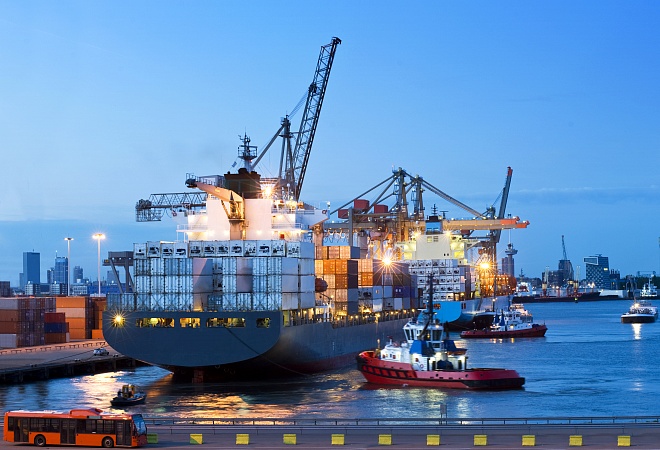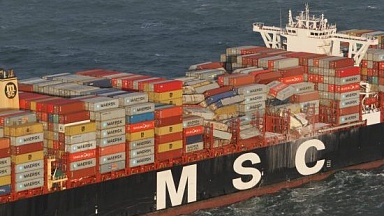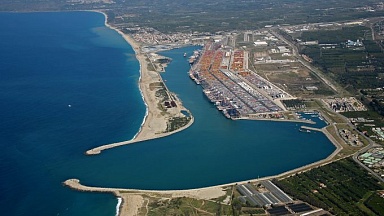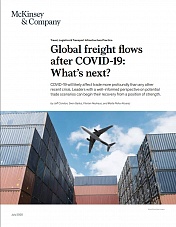A port spokesperson said: “In common with other major ports in the UK and beyond, the Port of Felixstowe is experiencing impacts of the global supply chain crisis.
“The pre-Christmas peak, combined with haulage shortages, congested inland terminals, poor vessel schedule reliability and the pandemic, has resulted in a build-up of containers at the port. The vast majority of import containers are cleared for collection within minutes of arriving and there are over 1,000 unused haulier bookings most days.”
As Lloyd’s Loading List reported last week, both Felixstowe and London Gateway imposed restrictions on the return of empty containers due to congestion issues on the ground.
The spokesman said: “Empty container levels remain high as import containers are returned and we are asking shipping lines to remove them as quickly as possible.”
Inland terminals and warehouses are full
All parties acknowledge that the shortage of HGV drivers to remove import containers from the ports is one of the main causes of the congestion, compounded by full inland terminals which are unable to accept new arrivals.
Robert Keen, Director General, British International Freight Association (BIFA) said: “We have anecdotal evidence that the import dwell time for containers at some of UK's main gateways for container shipping services has gone up from 5 to 9.7 days, but BIFA members are resigned to this being just part and parcel of the deepsea shipping world these days.”
He added that as well as the inland container terminals being full, many of the distribution centres and warehouses in the Midlands (known as the Golden Triangle) are also working at capacity – and suffering staff shortages – so they do not want to accept more containers, even if there were drivers to move them.
Andrew Opie, Director of Food & Sustainability at the British Retail Consortium, told The Times that “Congestion at the Port of Felixstowe is yet another unwanted side effect of the HGV driver shortage. Retailers are working closely with suppliers to mitigate issues, including finding alternative routes to bring goods into the country, but further disruption may be unavoidable.”
The Felixstowe spokesperson said: “We are working closely with all our shipping lines customers to accommodate their vessels. This can be challenging as a high proportion of ships are off schedule due to the well-publicised global supply chain issues and imports continue to arrive faster than the UK supply chain can handle them due to the well documented haulier shortage. As a result, and on occasions, we understand and regret lines have to prioritise the services they have.”
Majority of ports “operating normally”
Richard Ballantyne, Chief Executive of the Major Ports Association in the UK said the while some are extremely busy, the overwhelming majority of UK ports are currently operating normally.
“Container ports around the world are dealing with backlogs in containers, originally stemming from the post Covid-19 lockdowns when we saw surges in activities and pressures on cargo storage. Getting empty containers back to Asia and other locations has been challenging but the shipping industry is doing its best to meet global demands. This has been a real issue in North America and continental Europe.”
He agreed that the UK is suffering from particular problems due to the shortage of HGV drivers. “This has meant that some freight is not being collected as rapidly as it would normally. The situation is impacting all types of ports, not just container terminals. It has resulted in some further delays for a range of ports and terminal operations are working with their customers to get these goods out of their ports to avoid further congestion.
“Also this is a peak period in the freight calendar as the pre-Christmas order books create an additional surge in the demand for the ever import hungry British economy.”
He added that containerised trade carries manufactured products, consumer goods and other smaller supplies around the globe, with containers accounting for approximately 15% of UK port tonnage.
“The maritime sector is vital to the UK economy and the ports and shipping industry are working closely to keep Britain open for business.”





